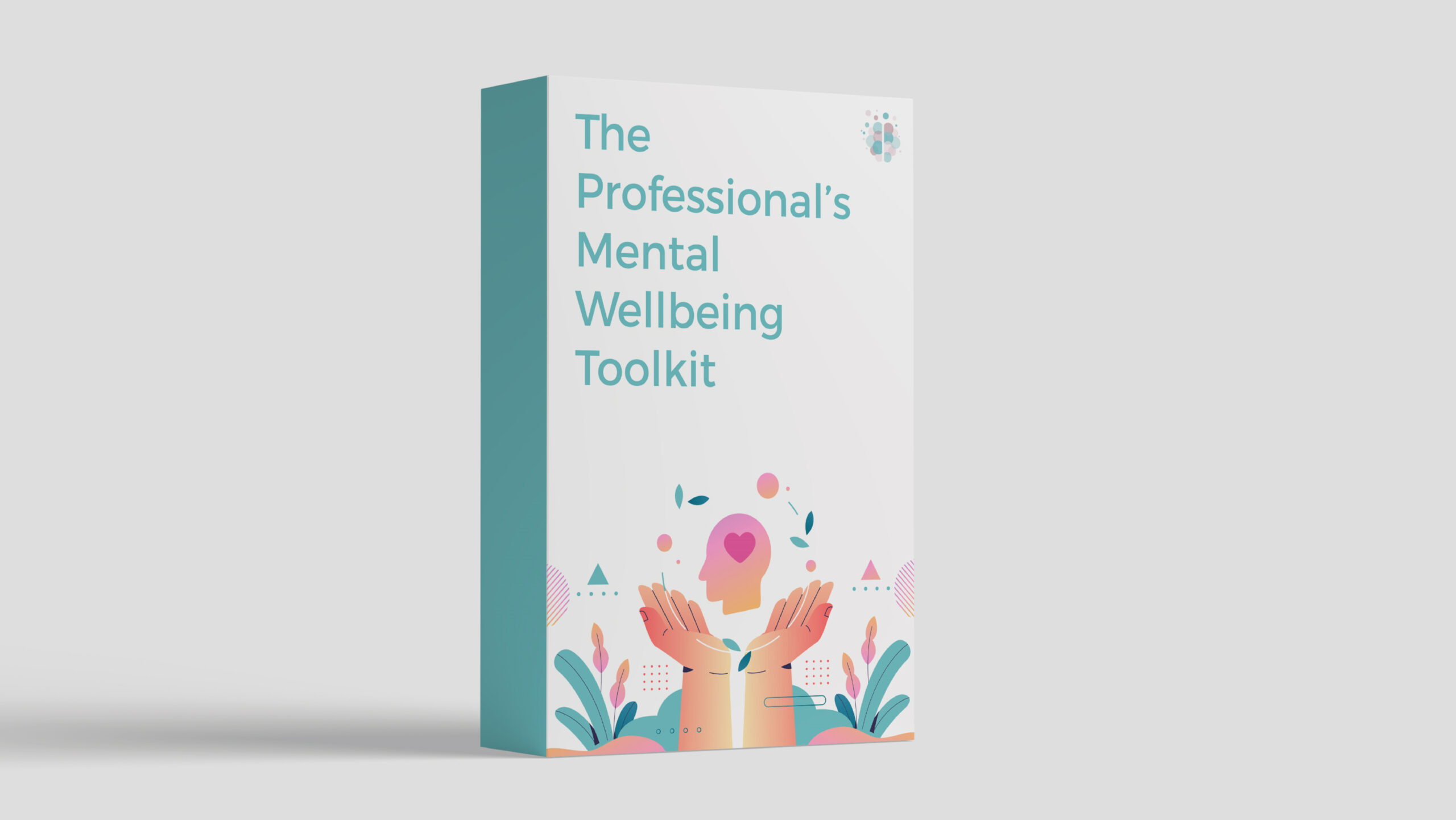As a coach, you dedicate yourself to supporting others on their journey towards personal growth and fulfillment.
Your work involves forming close bonds with your clients and truly understanding their challenges and aspirations. You invest your empathy, actively listen, and create a safe space for their emotions to be expressed.
Your work can be demanding as you absorb and carry your clients' emotional energy. It's therefore crucial for you to prioritize self-care to prevent emotional exhaustion, compassion fatigue and burnout.
By nurturing your own mental wellbeing, you enhance your ability to provide quality support to your clients.
Keep reading to discover six effective self-care practices specifically tailored for coaches. These practices will help you cultivate resilience, recharge, and maintain balance, enabling you to continue your coaching journey with passion and authenticity.
1. Engage in Regular Self-Reflection
As you guide clients through self-exploration and personal growth, you may encounter situations that trigger your own unresolved issues. This work requires you to confront your own vulnerabilities, limiting beliefs, and areas for growth.
Allocating time for self-reflection is an important self-care practice. It helps you deepen your self-awareness as well as re-aligning you with your values and purpose.
Engaging in activities such as journaling, meditation, or mindfulness practices can help you process your experiences, gain clarity, and reconnect with yourself.
The Professional’s Positive Emotions Journal is a self-reflection tool we’ve designed to help you with this. Examples of journal prompts include:
- “I’m proud of myself for holding the space for…”
- “A new coaching technique I could try is…”
- “I helped a client feel safe and supported when…”
Click here to find out more about how our toolkit can help you.
2. Remember to Manage Your Expectations
Dealing with difficult clients is inevitable as a coach. You’ll come across clients who resist change, find it difficult to make progress, or experience setbacks.
This can be emotionally challenging for you, particularly when you genuinely care about your clients' growth and wellbeing.
It's important to manage your expectations and remain patient during these moments. Recognize that you cannot control every aspect of your clients' progress, and give yourself permission to let go of outcomes beyond your control.
Remember to find effective ways to navigate resistance or stagnation by adapting your approach, providing support, and helping your clients uncover underlying obstacles.
3. Practice Setting Boundaries
Setting and honoring your boundaries is essential for maintaining your wellbeing as a coach.
It’s particularly important for you to clearly define your working hours and time off. Communicate your boundaries regularly to your clients, ensuring they understand and respect your needs.
This practice allows you to create a healthy work/life balance, prevent burnout, and foster a sense of control over your schedule.
Read this article for more guidance on setting boundaries as a coach.
4. Prioritize Physical Health
Taking care of your physical health is crucial for maintaining optimal wellbeing as a coach.
Make time for regular exercise, ensure adequate sleep, and nourish your body with a balanced diet and hydration. Physical activity not only boosts your energy levels but also improves cognitive function and helps manage stress.
By prioritizing your physical health, you lay a strong foundation for your overall wellbeing. Here's a Daily Journal that you might find helpful for this.
5. Engage in Nourishing Activities
Make time for activities that bring you joy, relaxation, and fulfillment outside of coaching.
Engaging in hobbies and leisure activities that you’re passionate about rejuvenates your spirit and provides a necessary break from work-related responsibilities.
It could be anything from painting, playing a musical instrument, hiking, gardening, or reading. Download our Indoor and Outdoor Nourishing Activities Checklists for more inspiration.
6. Continuously Learn and Grow
Commit to ongoing learning and professional development as a coach.
Attend workshops, conferences, and training programs to expand your knowledge and skills. By staying abreast of the latest coaching trends and research, you remain confident and competent in your practice.
Engaging in continuous learning not only enhances your coaching effectiveness but also stimulates your intellectual curiosity and passion for your profession.
Summary
Self-care is not a luxury but a necessity for coaches. By implementing these self-care practices, you create a solid foundation for your own mental wellbeing, allowing you to be fully present, authentic, and supportive for your clients:
- Engage in regular self-reflection
- Remember to manage your expectations
- Practice setting boundaries
- Prioritize physical health
- Engage in nourishing activities
- Continuously learn and grow
Remember, as a coach, you’re an example to others, and your commitment to self-care inspires and empowers those you serve.
Embrace these six practices as part of your coaching journey, and watch how they contribute to both your personal growth and professional success. You’ve got this!
Support Clients With Their Mental Wellbeing
Want a library of practical tools to share with clients? Check out The Professional's Mental Wellbeing Toolkit today. It's "everything you need all in one place."


